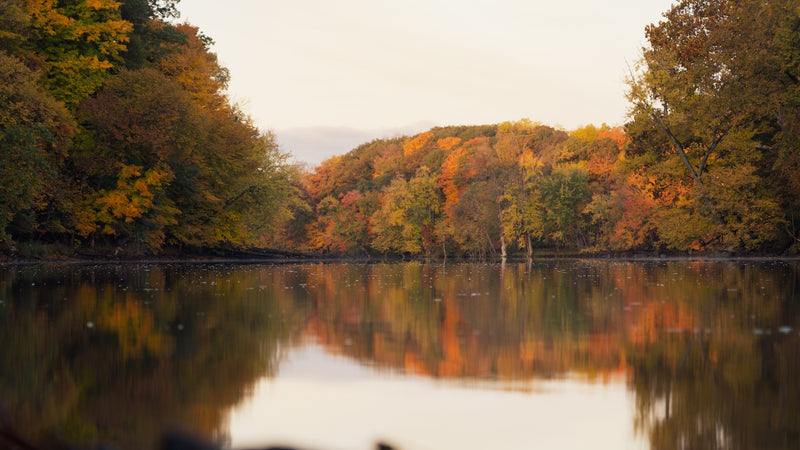Getting Started with Duck Hunting: A Guide for Beginners
There's something unique about the blend of early morning mist, the rhythmic lapping of water, and the calls of waterfowl echoing across the marshlands. Welcome to the fascinating world of duck hunting - an outdoor activity that merges nature, skill, and adrenaline into one captivating experience. If you're a novice contemplating your entry into duck hunting, this guide will lay out the essential steps to get started.
Understanding Duck Hunting
Duck hunting is much more than a sport; it's a tradition passed down through generations, a wildlife conservation tool, and a way to connect with the great outdoors. Ducks and other waterfowl are migratory species, and hunting seasons are typically established to coincide with migration periods. This ensures the sustainability of the sport and protection of the bird populations.
Equipment: The Basics
Duck hunting requires some specialized equipment to get started:
- Shotgun and Ammunition: Shotguns are preferred due to their wide spread, increasing your chances of hitting the target. The 12-gauge shotgun is a popular choice among duck hunters. Steel or other non-toxic shot is mandatory in many areas for waterfowl hunting, so make sure to check local regulations.
- Decoys and Duck Calls: Decoys are replicas of ducks that attract real ducks to your hunting area. Duck calls, on the other hand, are devices that mimic the sounds of ducks to lure them in closer.
- Camo Clothing and Waders: Camouflage clothing allows you to blend into the surroundings and avoid detection. Waders are waterproof boots that extend from the feet to the chest, allowing you to move through wet areas easily.
- Hunting License and Duck Stamp: Most importantly, ensure you have a hunting license and federal duck stamp. The stamp funds conservation efforts and is required for hunting waterfowl.
Mastering the Art of Duck Hunting
Education and Training:
Before heading to the marsh, take a hunter education course. These courses provide necessary knowledge about hunter safety, ethics, laws, and regulations. Plus, a certificate from a hunter education course is often required to obtain a hunting license.
Practice Shooting:
Duck hunting requires accuracy and quick reflexes. Spend time at a shooting range and practice with moving targets to simulate the experience of hunting ducks in flight.
Scouting and Location:
A good hunter is a good observer. Ducks favor calm, shallow bodies of water. Scout local areas and look for signs of duck activity such as feathers, droppings, and, of course, ducks themselves.
Learn Duck Behavior and Identification:
Understanding different species, their behaviors, and their migration patterns can significantly enhance your hunting experience. Certain species are off-limits to hunters, so it’s crucial to learn how to identify different types of ducks.
Safety, Ethics, and Conservation
Safety:
Prioritize safety at all times. Always treat your firearm as if it's loaded, even if you're sure it's not. Never point your gun at anything you don't intend to shoot.
Ethics:
Respect private property and always seek permission before hunting in a new area. Follow all hunting regulations, never exceed bag limits, and aim for quick, clean kills to avoid unnecessary suffering.
Conservation: Remember, hunters are stewards of nature. Purchasing a federal duck stamp contributes to the protection of wetland habitats. Additionally, many hunters engage in conservation activities such as cleaning up hunting sites and participating in local conservation efforts.
Conclusion
Embarking on your duck hunting journey might seem daunting, but with the right tools, training, and respect for nature, it can be a rewarding experience that connects you with the great outdoors in a unique way. Remember to be patient; mastery comes with time and practice. Happy hunting!
The information provided in this blog is for informational purposes only and should not replace advice, rules, or guidelines provided by local, state, or federal wildlife and hunting authorities. Always follow the latest guidelines and laws when planning and carrying out your hunting activities.





Leave a comment
Please note, comments must be approved before they are published